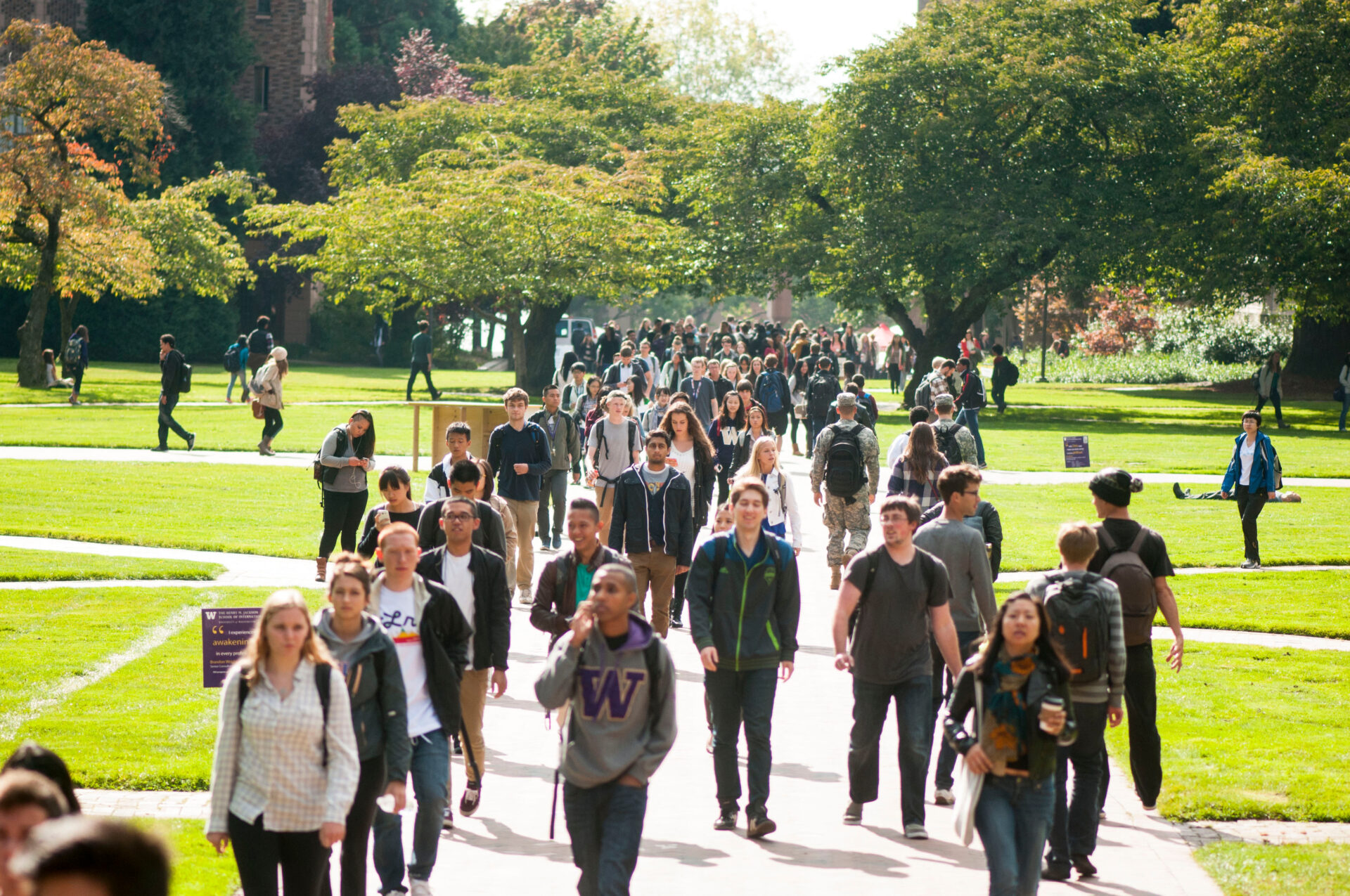The University of Washington will soon establish a center that will tackle the misinformation and disinformation campaigns.
According to the university release, the John S. and James L. Knight Foundation donated $5 million to create the Center for an Informed Public to tackle the “misinformation epidemic” and understand the purpose of creating fake news.
“A functioning democracy is an informed democracy,” said Sam Gill, Knight Foundation vice president for communities and impact. “UW is bringing together leading scholars in computer science, sociology and law to equip our democracy with the right tools to navigate the digital age.”
Scheduled for opening in 2019 fall, the center will strengthen the democratic discourse by roping in researchers from different fields who will be led by Jevin West, principal investigator and inaugural director for the Center.
“It’s one of the most important problems of our time that we as a society need to solve,” West said. “This is not a left or right issue. This is an issue that transcends political boundaries. Everyone wants to get this right.”
The researchers at the center will co-create and assess research-based interventions by establishing a network of Community Labs in public libraries and other institutions.



